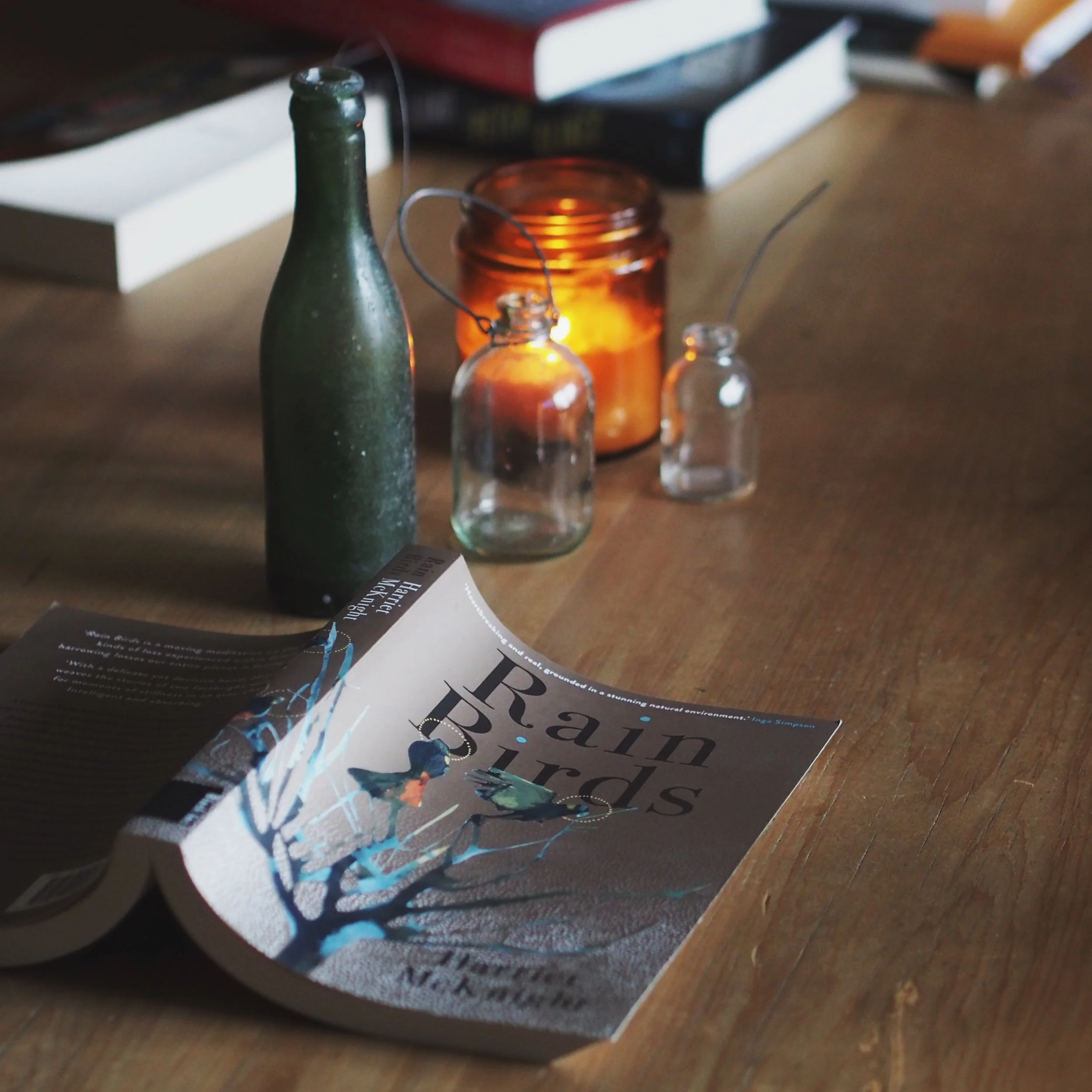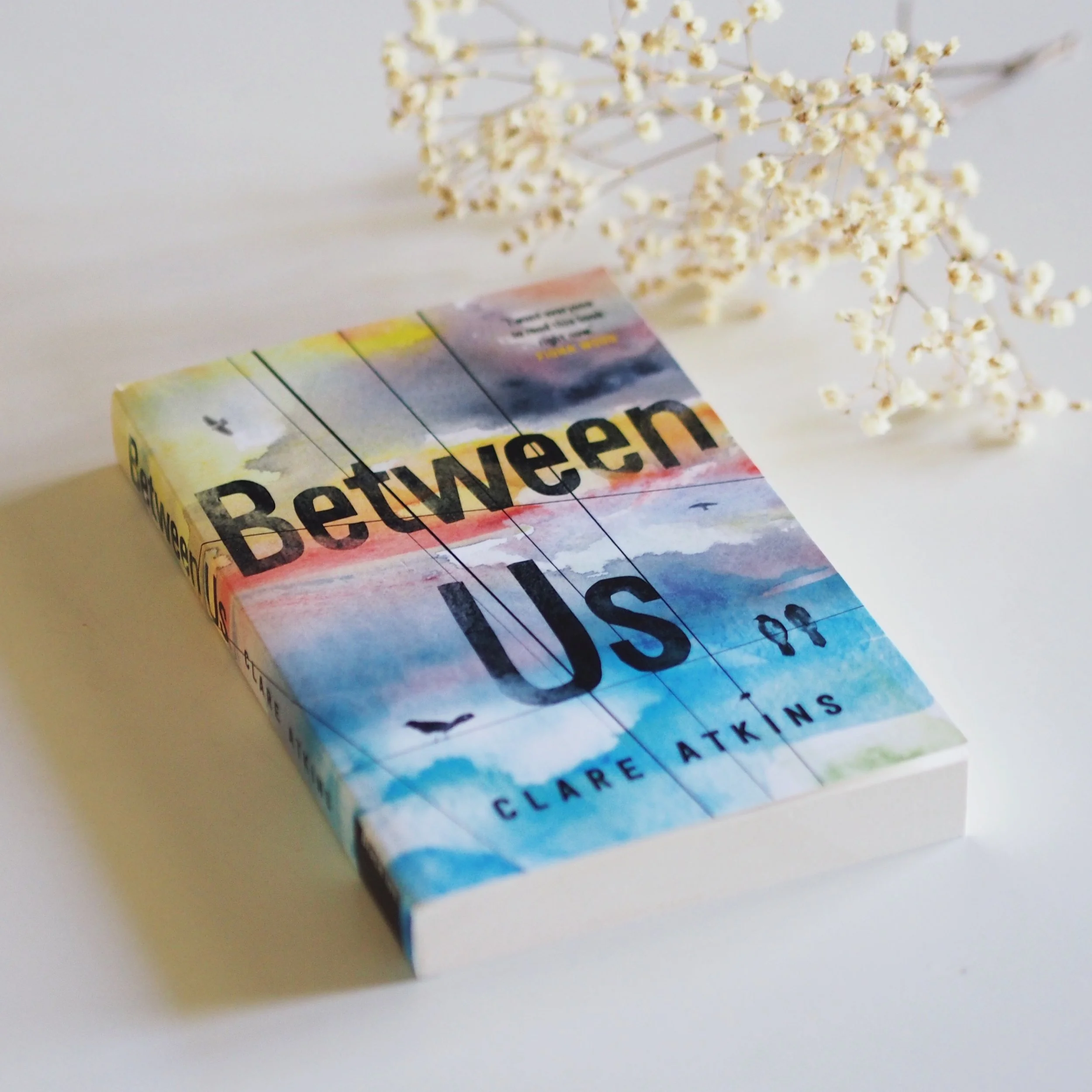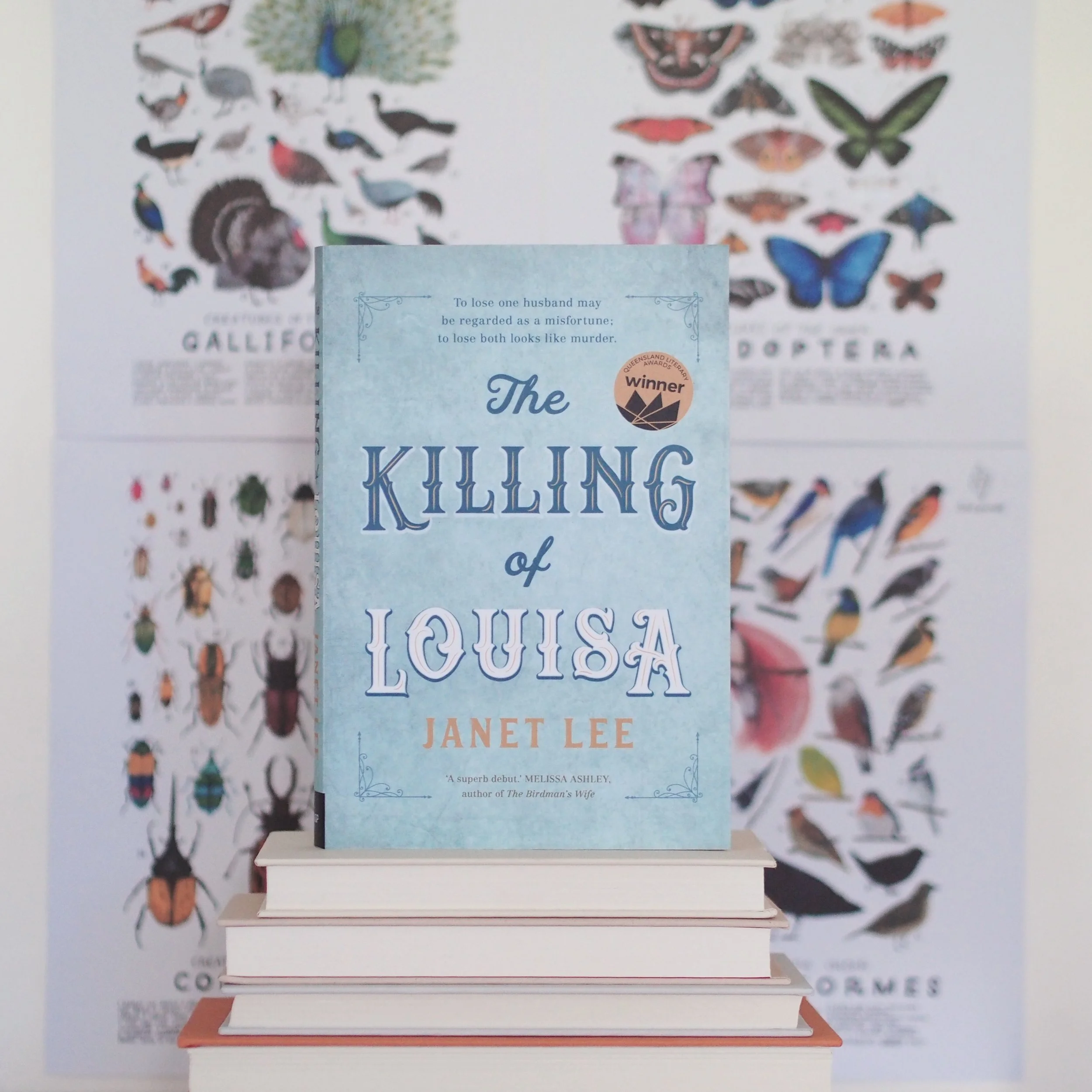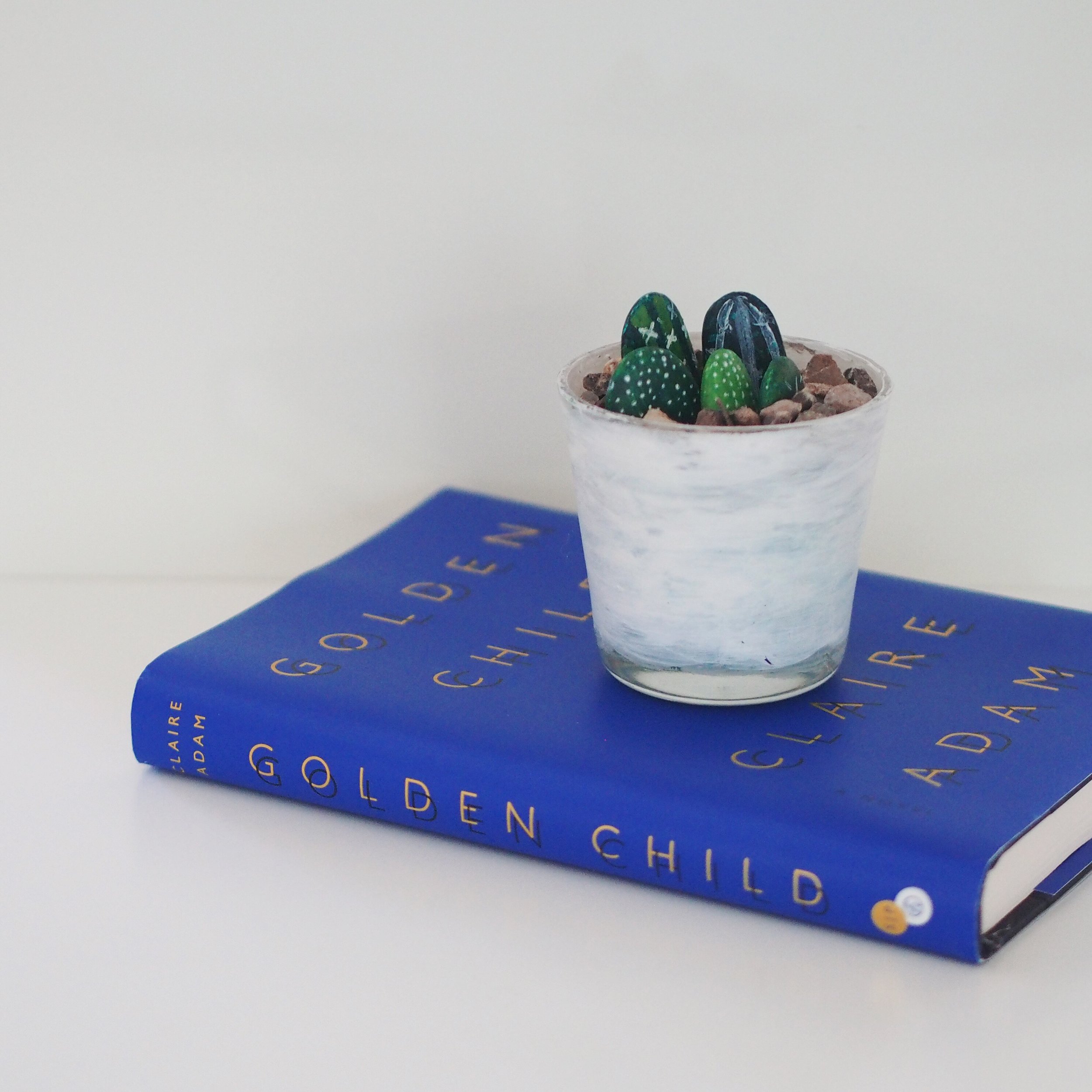Symbolic and devastating.
'Symphonic' is a good word for this novel, which begins with a leaden calm like that before a summer storm, slowing building in intensity until it roars to a final crushing crescendo and then settles into silence.
But if it is a symphony, it is also a fugue. Two voices begin alone, dance around one another in solitary parallel narratives, then criss-cross and finally unite before falling apart again. The voices belong to two women, both of whom are deeply isolated in their own ways, alone against the world and in an environment which they both love and fear.
Arianna is lost in grief and trauma, trapped by anxiety (and possibly obsessive-compulsive disorder) that is vivid and painfully visceral. Her only refuge is in her work, monitoring a flock of at-risk glossy black cockatoos in Murrungowar National Park. To Arianna, these birds are not merely symbolic harbingers of doom; they are literal, insistent signs of a climate in crisis, and the burden of that knowledge is a breathless weight on her lungs.
Pina is grappling with her own form of complex grief, as she watches her husband's rapid deterioration through early-onset dementia. Her role as carer is an ongoing conflict as Alan slowly becomes a man she cannot recognise and, in turn, Pina becomes a stranger to him. Alan wanders off without warning, lashes out at Pina irrationally, is at once aggressive and paranoid.
There is a quiet, almost gentle horror to Alan's unbecoming, which depicts the true brutality of Alzheimer's. Pina must walk side-by-side with the loss of who her husband once was as well as the loss of who they are together. Her days are a recurring cycle through sorrow to resentment, then guilt and finally shame. While Arianna is trying to escape her past, Pina is unwillingly losing sight of hers.
A third voice, hiding under the layers of the others but bursting forth irrepressibly in the final act, is that of the Australian bush. The bush is quiet and beautiful, yet menacing and powerful. It lingers as a backdrop to Pina and Arianna's stories but its presence is palpable, tied up with Pina's life and Arianna's life work. Like Pina and Arianna themselves, the bush carries with it a deep sense of solitude, at times forbidding and foreboding.
McKnight's writing is spare and understated, managing to be at once unflinching and empathetic. The story is bleak in parts, evoking a crystalline sense of mystery as in the film Jindabyne. It is symbolic and devastating, yet never beyond redemption.
If I were cooler, I'd predict that this one will be popping up on awards shortlists soon. Instead, I'll just clap my hands quietly when it does.
Harriet McKnight
Published September 2017 by Black Inc.
288 pages





